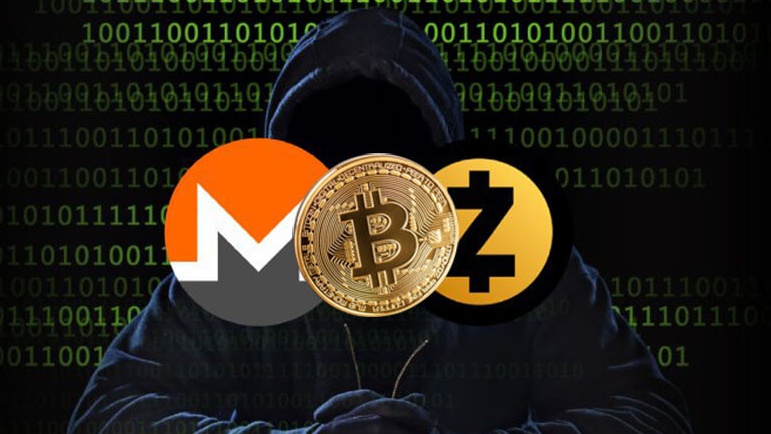A new study by Node Blockchain, a Canadian multi-disciplinary crypto asset company, has added its two cents into the ongoing mining debate. The company believes that mining is not as destructive as we might think neither in terms of energy consumption and associated environmental concerns nor in terms of miners’ profit.
Mining has become a contested topic. “It’s become popular today to dismiss Bitcoin’s Proof-of-Work as wasteful and bad for the environment,” observes a paper published by Node Blockchain’s Saad Imran. Indeed, during the last couple of months alone AltcoinBuzz has published multiple articles on the issue with self-explanatory headlines like “Maybe you should stop mining and wait?”
The reasons for the critique comes down to the fact that mining consumes a lot of energy and hence miners end up paying huge bills. With the current price of BTC, $7,225.50, it does not really pay off. Besides, there are a number of environment-related issues with Imran noting that “some have even gone as far as noting Bitcoin as a serious climate threat.”
He, however, offers a different perspective namely to concentrate on “The Positive Externalities of Bitcoin Mining” — the title of his study. Roughly Imran outlines five of them.
For example, he states that “the introduction of ASICs has allowed for mining to become more efficient.” The researcher carried out an analysis which showed that since ASICs were first introduced in March 2014, efficiency has improved by 872%. At the same time he notes that since the appetite for AI is growing, ASIC companies might have something to offer to the market adding that “their years of experience provide them with best practices and innovations to redeploy into AI specific ASICs.” Then the study refers to Bitmain, which has already developed and launched an AI-focused ASIC.
Then, there is the fact that Bitcoin mining data centers “are aggressively optimizing power usage effectiveness” — “the ratio between how much energy is used by the computing equipment in contrast to cooling and other overhead.” It turned out that PUE for other data centers, like Youtube, are significantly higher. Yet giving up watching videos like Cat Vietnam Flashback — apparently, a more detrimental instance for the environment — is not on the media’s agenda.
Another peculiar argument is about energy surplus. “Mining can occur anywhere in the globe. Naturally, it should flow to areas of electricity oversupply first. These areas should have the cheapest sources of electricity for miners, which is in line with the economic incentive to optimize their marginal cost to produce,” Node Blockchain. This took place in China, for example, where mining businesses are taking advantage in the areas of relative oversupply. It can happen in other countries as well which would be a positive occurrence.
Similar arguments were used by appealing to renewable energy. As the cost of renewable energy declines, the appetite for it (compared to fossil fuels) will most likely grow. “We believe that strategically it is beneficial in the long-run for Bitcoin miners to target areas that generate electricity using renewable energy due to declining marginal cost relative to fossil fuel generated electricity,” writes Imran.
Finally, mining is putting waste to work. Around 150 billion cubic meters of natural gas are ‘wasted’ each year through flaring “which generates a staggering 400 million tons of carbon dioxide.” This is a problem. However, mining is part of the solution. “For example, there is already a joint operation between PRTI and Standard American Mining converted waste to energy in order to mine cryptocurrency,” writes Imran.
To conclude, it is all about narratives. While mining has its downsides the author draws attention to the fact that you can portray the whole matter in two different ways. Thus, you can say that ‘Bitcoin uses more electricity than a country!’. Or that ‘Bitcoin uses less electricity than Christmas lights worldwide.’ The choice is yours.



























